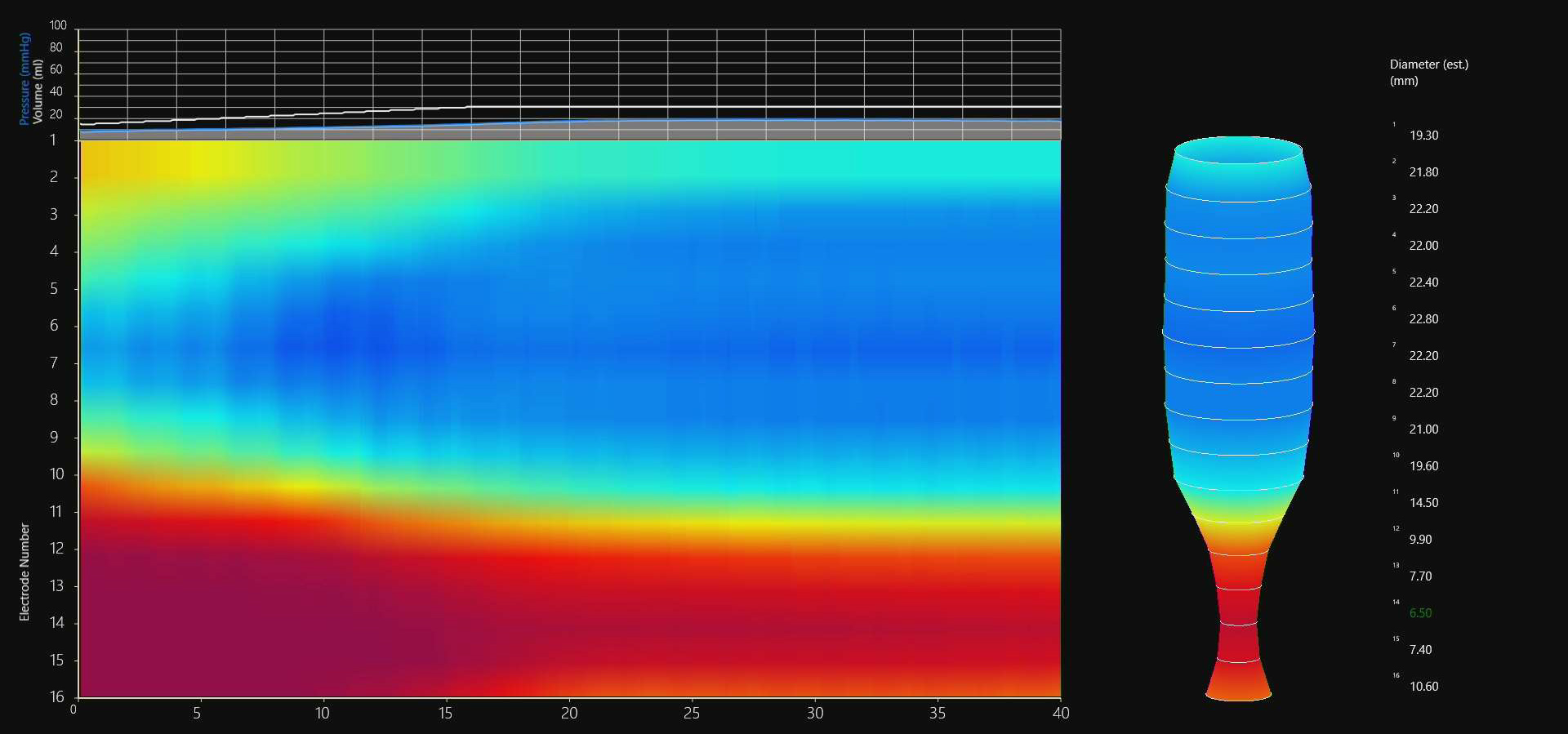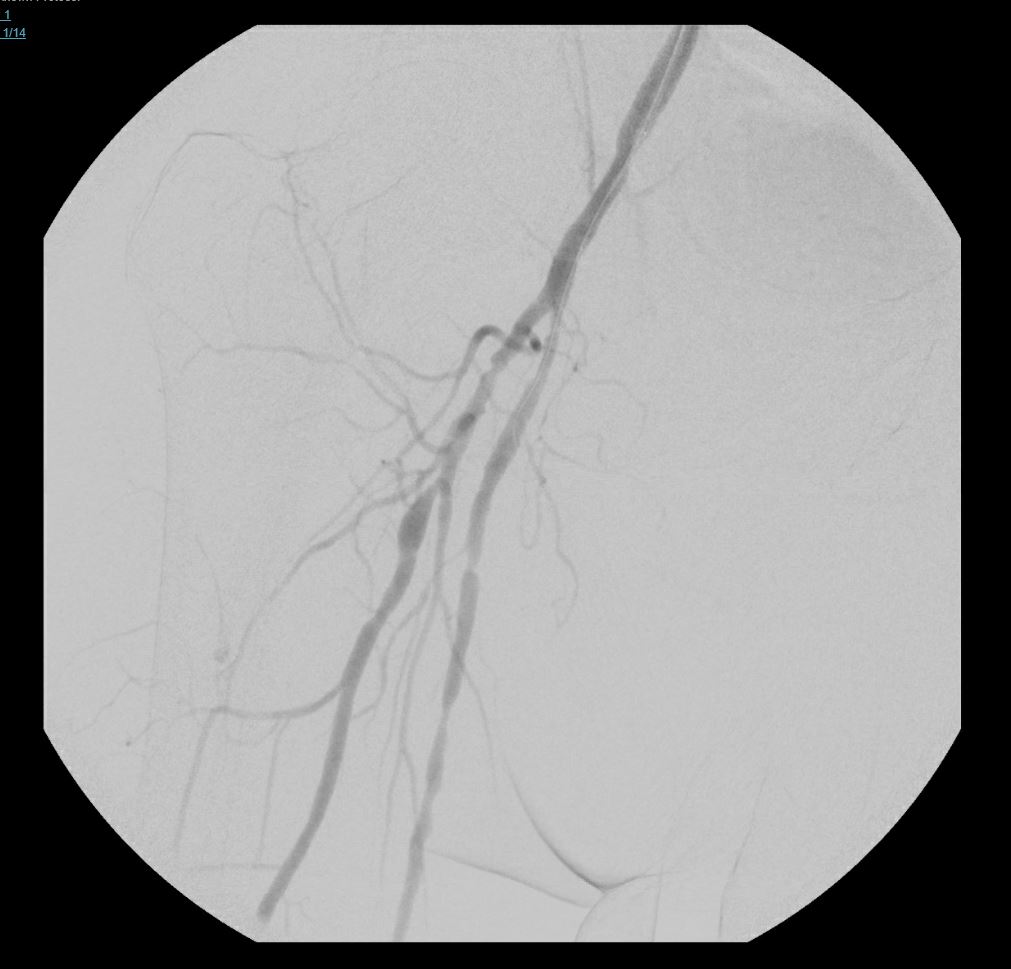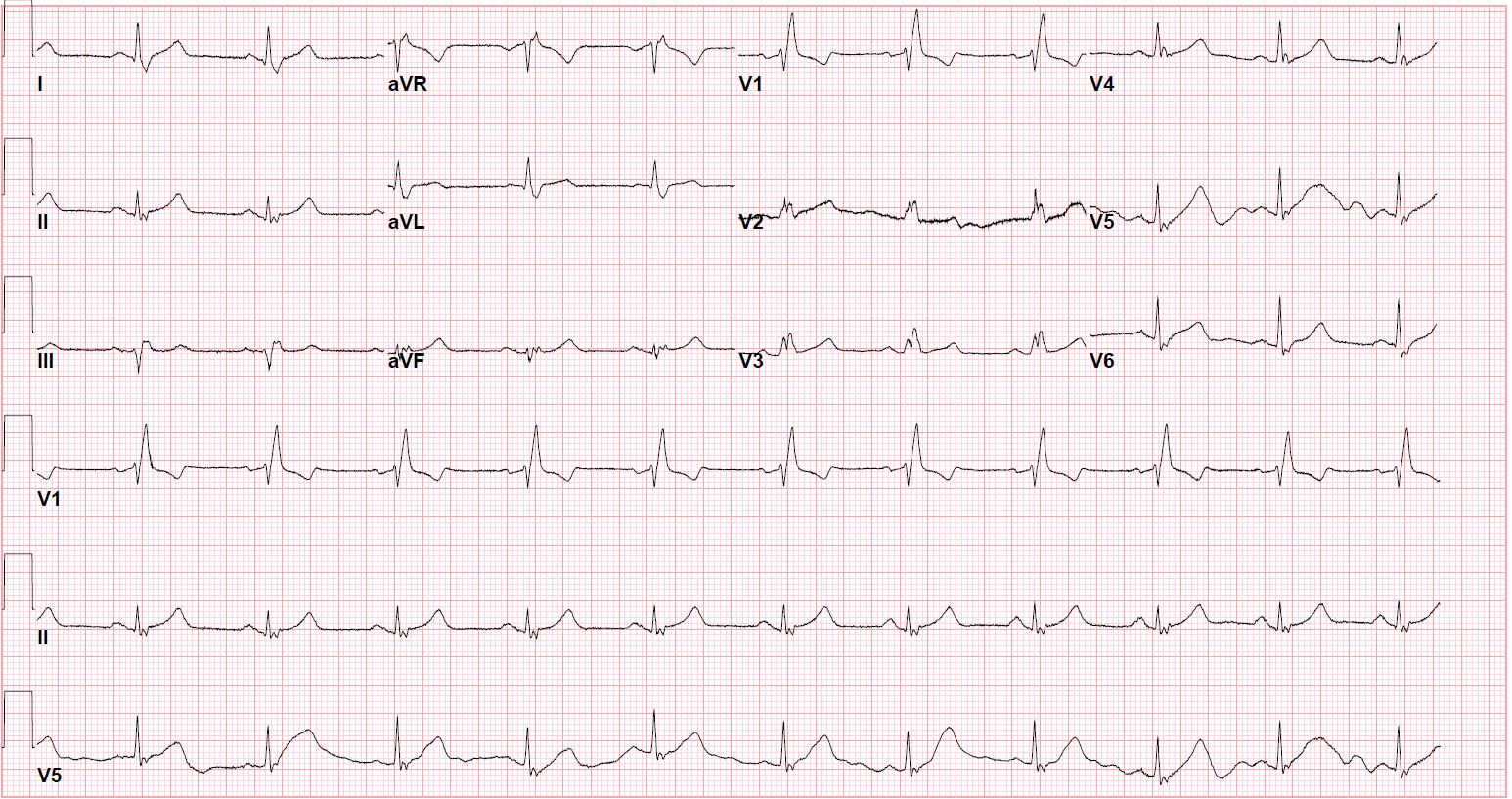This is a term that has recently gained popularity in the field of bariatric surgery. Obesity is associated with adverse effect on many of the body?s metabolic processes and of concern is glucose metabolism. Obesity increases the risk for type 2 diabetes and most obese people have concurrent type 2 diabetes. Metabolic surgery is a term that refers to a set of gastrointestinal operations used with intent to treat diabetes and metabolic dysfunction including obesity. Simply put, these are surgical procedures that primarily aim at correcting dysfunction in glucose metabolism. An example of such a procedure is the Roux-en-Y gastric bypass. It is not clear how bariatric surgical procedures produce remission in type 2 diabetes. Theories existing include that introduction of food directly to the lower intestine via bypass stimulates release of GLP-1 whish results in secretion of insulin. It is also hypothesized that rearranging the gut results in decrease of hunger stimulating hormones such as peptide YY which result in decreased intake of sugar; hence, better glucose control.







